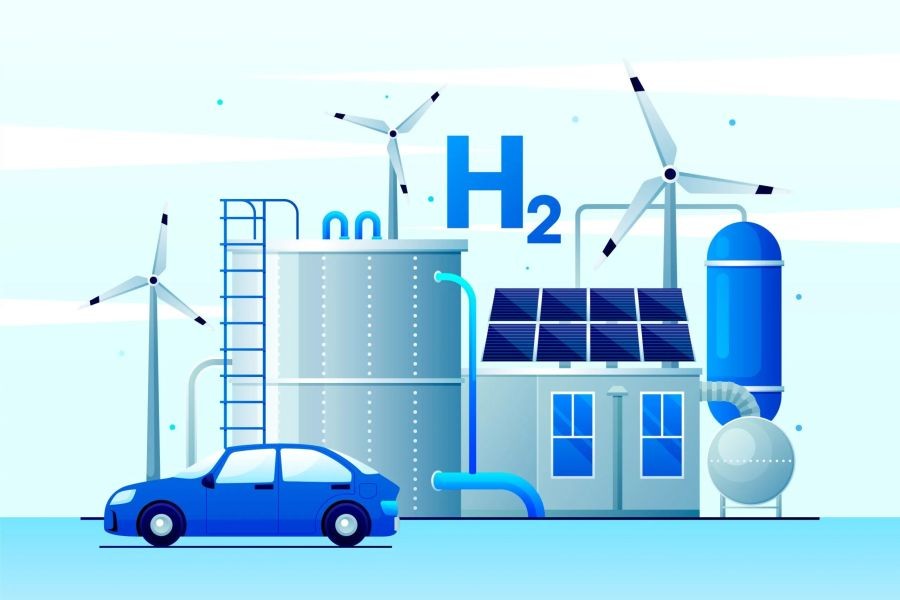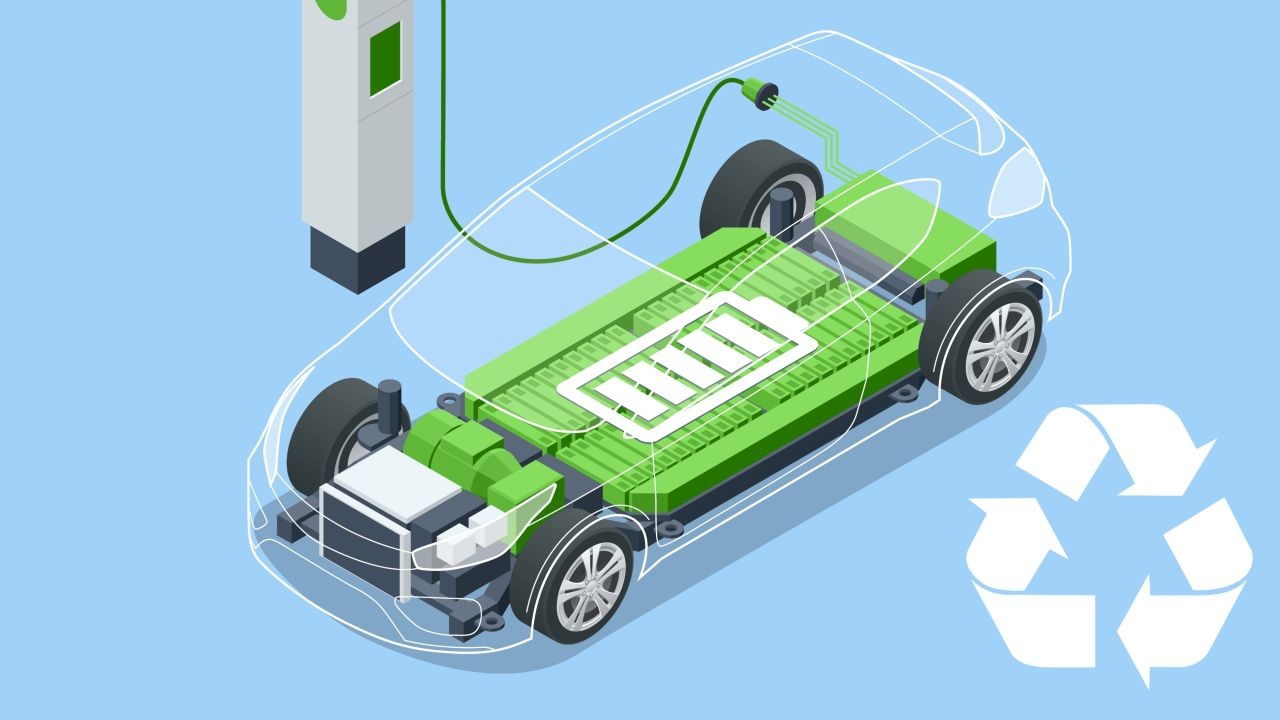As New Zealand continues to seek sustainable solutions for its energy sector, hydrogen energy emerges as a promising candidate. This potential game-changer could redefine how Kiwis power their homes, industries, and vehicles. But what makes hydrogen energy so revolutionary for New Zealand? And how can it align with the country's unique economic and environmental goals?
The Promise of Hydrogen Energy for New Zealand
Hydrogen energy offers several compelling advantages for New Zealand. Produced through the electrolysis of water, using renewable energy sources, hydrogen can serve as a clean, sustainable fuel. Unlike fossil fuels, hydrogen combustion emits only water vapor, significantly reducing carbon footprints. This aligns perfectly with New Zealand's commitment to achieving carbon neutrality by 2050, as mandated by the Climate Change Response (Zero Carbon) Amendment Act.
Data-Driven Insight: New Zealand's Energy Landscape
According to the Ministry of Business, Innovation and Employment (MBIE), renewable energy sources accounted for 84.1% of New Zealand's electricity generation in 2020. Yet, the nation still relies on fossil fuels for transportation and industrial processes. Hydrogen energy could fill this gap, offering a cleaner alternative for sectors traditionally dependent on carbon-intensive fuels.
Real-World Case Studies: Global Success and Local Potential
Case Study: Japan's Hydrogen Society Vision
Japan has been at the forefront of hydrogen energy adoption. The government has invested heavily in hydrogen infrastructure, aiming to establish a "hydrogen society" by 2050. This includes developing hydrogen fuel cells for vehicles and integrating hydrogen into the national energy grid. As a result, Japan has reduced its carbon emissions and enhanced energy security.
New Zealand can draw valuable lessons from Japan's approach. By investing in hydrogen infrastructure and fostering public-private partnerships, New Zealand could similarly transition to a sustainable energy model, reducing its reliance on imported fossil fuels and enhancing energy independence.
Local Initiative: The Taranaki Hydrogen Roadmap
Closer to home, the Taranaki region has launched the "H2 Taranaki Roadmap," a strategic plan to develop a hydrogen economy. This initiative aims to leverage the region's existing energy expertise and infrastructure to produce, distribute, and utilize hydrogen. The roadmap envisions hydrogen-powered vehicles, industrial applications, and export opportunities, positioning Taranaki as a hydrogen hub for the Asia-Pacific region.
By embracing such regional initiatives, New Zealand can not only drive economic growth but also contribute to global sustainability efforts.
Pros and Cons of Hydrogen Energy
Pros:
- Environmental Benefits: Hydrogen energy produces zero emissions when used, aligning with New Zealand's carbon neutrality goals.
- Energy Security: Reduces dependence on imported fossil fuels, enhancing national energy security.
- Job Creation: Development of hydrogen infrastructure and technology can create new employment opportunities.
Cons:
- High Initial Costs: Establishing hydrogen production and distribution infrastructure requires significant investment.
- Technological Challenges: Efficient hydrogen storage and transport remain technological hurdles.
- Market Readiness: The hydrogen market is still in its infancy, requiring public and private sector collaboration for growth.
Debunking Common Myths
Myth: Hydrogen energy is too dangerous due to its flammability.
Reality: While hydrogen is flammable, modern safety protocols and technologies have made its use as safe as conventional fuels. The International Energy Agency (IEA) highlights advancements in hydrogen storage and transport technology, mitigating safety concerns.
Myth: Hydrogen energy is not economically viable.
Reality: As the technology matures, production costs are decreasing. A report by Bloomberg New Energy Finance predicts that green hydrogen will become cost-competitive with natural gas by 2030.
Future Trends and Predictions
According to a report by Deloitte, the global hydrogen market is projected to grow to USD 11 trillion by 2050. This growth will be driven by technological advancements, policy support, and increasing demand for clean energy solutions. For New Zealand, this presents an opportunity to become a leader in the hydrogen economy, leveraging its renewable energy resources and strategic location in the Asia-Pacific region.
Final Takeaways & Call to Action
- Leverage Local Resources: New Zealand's abundant renewable energy resources position it well for hydrogen production.
- Invest in Infrastructure: Public and private sector collaboration is crucial for developing the necessary hydrogen infrastructure.
- Foster Innovation: Encouraging research and development in hydrogen technologies can drive economic growth and sustainability.
Are you ready to explore the potential of hydrogen energy for your business? Join the conversation and share your thoughts below!
People Also Ask (FAQ)
How does hydrogen energy impact businesses in New Zealand?
NZ businesses leveraging hydrogen energy report increased sustainability and reduced carbon footprints, aligning with national goals. Investing in hydrogen can enhance energy security and create new market opportunities.
What are the biggest misconceptions about hydrogen energy?
One common myth is that hydrogen is too dangerous. However, advancements in storage and transport technology have addressed safety concerns, making it as safe as conventional fuels.
What are the best strategies for implementing hydrogen energy?
Experts recommend starting with pilot projects, investing in infrastructure, and fostering public-private partnerships to drive hydrogen energy adoption.
Related Search Queries
- Hydrogen energy in New Zealand
- Hydrogen fuel cell technology
- Renewable energy solutions NZ
- Green hydrogen production
- Carbon neutrality New Zealand
- Hydrogen infrastructure development
- Taranaki hydrogen roadmap
- Hydrogen energy policy NZ
- Hydrogen energy safety
- Hydrogen economy Asia-Pacific








































goodmorning image
2 months ago